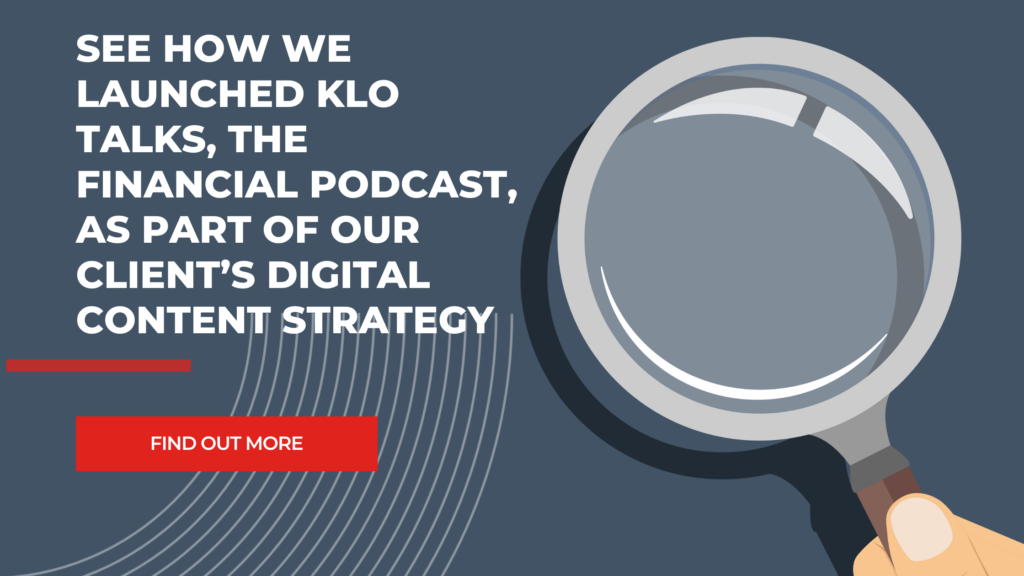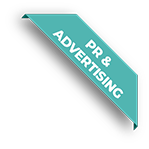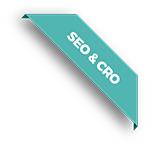Webinars vs. Podcasts: How Can You Effectively Market Your Business?

When deciding between Webinars and Podcasts, it’s important to consider the following:
The coronavirus pandemic has affected every business in one way or another, regardless of industry or location. Now more important than ever, it’s essential that you reach the widest possible audience for your product or service so that you can increase leads and sales for your business.
In order to achieve this, you must engage with your clients or customers in as many ways as possible to achieve both your long and short-term objectives. Whether that’s through digital marketing techniques such as social media marketing or SEO, or creative campaigns through billboards and posters, it’s important to implement a marketing strategy that works.
Over the last several months, people have been seeking alternative ways to engage with content during lockdown. For this reason, webinars and podcasts have become a growing form of marketing and information sharing, especially as they are super convenient and accessible for everyone (even those working from home!)
WHY WOULD A BUSINESS USE A PODCAST OR WEBINAR?
Whether you’re a digital marketing agency in Birmingham or a financial business based in New York, webinars and podcasts are adaptable for any type of business.
Expanding the quality and execution of a brand’s material/ will improve not only brand awareness, but also the quality of the information you are pushing to your audience. Webinars and podcasts can be used as a particularly useful, informative and educational tool, which can improve the authenticity and relevancy of your content, portraying your business as leaders in your market. They can be used for many reasons, including storytelling, collaborations with partners, guest speakers, discussions and debates, Q&A’s and sector-based insights.
WHAT IS A WEBINAR?
A webinar is an online seminar that takes place in real time with an audience. Often referred to as a conference call, webinars can usually host up to 10,000 participants. Incorporating both audio and visual components, this method of information sharing can cater to a large audience.
The host of a webinar can share presentations, web pages, resources and various other forms of content to engage with participants, and anyone, regardless of their geographical location, can attend. Often, participants can ask questions, leave comments or interact with the webinar, which as it takes place in real time, the host can respond to.
WHAT IS A PODCAST?
A podcast is a digital audio recording, which is available for download after it has been recorded. Super convenient, listeners can engage with the podcast content while they are doing other things such as driving or reading.
Some podcasts may take the style of an interview with multiple guests conversing, whereas others may be solo talks, where the host of the podcast will tell a story, answer frequently asked questions or simply talk about a subject they know well.
IS A WEBINAR OR PODCAST MORE EFFECTIVE FOR MY BUSINESS’S AUDIENCE?
Good question. The simple answer is it depends!
Let’s have a quick look at the advantages of webinars:
- Visual cues – Webinars contain a visual aspect for participants on the call, allowing information to be delivered easily and effectively. This means that the information may be more memorable for the participants as multisensory learning is taking place.
- Takes place in real time – Participants may feel more connected to the host, as real time interaction allows those watching to get involved and engage with the host when they have questions, and get instant answers to their queries
- Focus on your target audience – Webinars will attract a relevant audience, as they require individuals to sign up if they want to attend. As a host, you can also be selective with the invitation list, allowing you to ensure you’re spending your time effectively and directly reaching those you think will take something from your webinar.
- Grow your audience – Getting your audience to sign-up allow you to build your database on new contacts for further engagement
It is, however, important to note that webinars can be more time-consuming for the host, as they include a visual component that requires preparation.
For some individuals, webinars may not always be convenient. To get the most out of attending a webinar, it’s best for the audience to watch in real-time, which can be difficult for those with busy schedules. Fortunately, webinars can be recorded, providing you with an asset that can be used at later dates in your marketing. Perhaps you may want to send out an email with a link, or post snippets on your social media channels.
Now, let’s review the advantages of podcasts:
- Highly convenient – Podcasts are pre-recorded, meaning your audience can listen to your content at a time that works best for them.
- Large audience – On average, over 150 million people listen to a podcast each week. If you get the content right, you can tap into this large audience, increasing brand exposure, leads and potentially sales!
- Easy to produce – As podcasts contain no visual component, they can be recorded where best convenient for you. The only planning that needs to take place is what is going to be said, as there is no need for presentations, images or graphs.
- Versatile – Podcasts can be uploaded to different platforms and you can build new audiences. They can be liked and shared with ease.
Unfortunately, podcasts are less interactive than webinars, which can make it more difficult for your audience to engage with your content. With no visual component (other than the show artwork), listeners may forget the information, and certain topics may be more difficult to discuss without visual aids. You can, however, add resource links into your show notes and as podcasts aren’t live, you can edit them afterwards to create a higher level of quality.
When hosting a podcast, it is also much harder to gage the satisfaction of the listeners. This is because when a real time webinar takes place, the host can gage the atmosphere and see in real-time, reactions to the presentation. When hosting a podcast, you can review listens and download statistics, but you will need to actively seek feedback for qualitative data.
SO WHICH IS BETTER?
Both podcasts and webinars contain useful features for both you and your audience. In order to find which is best suited for your business, you must ensure to identify your customers and think about what type of information you would like to convey.
Don’t just guess! With support from EDGE Creative, we can work together to implement a multi-media marketing strategy that helps you to increase brand awareness, traffic, leads and most importantly, sales.
Enquire today by calling 0121 355 8092 or by emailing our Content Strategy Manager, Jess at jessica@edge-creative.com.


